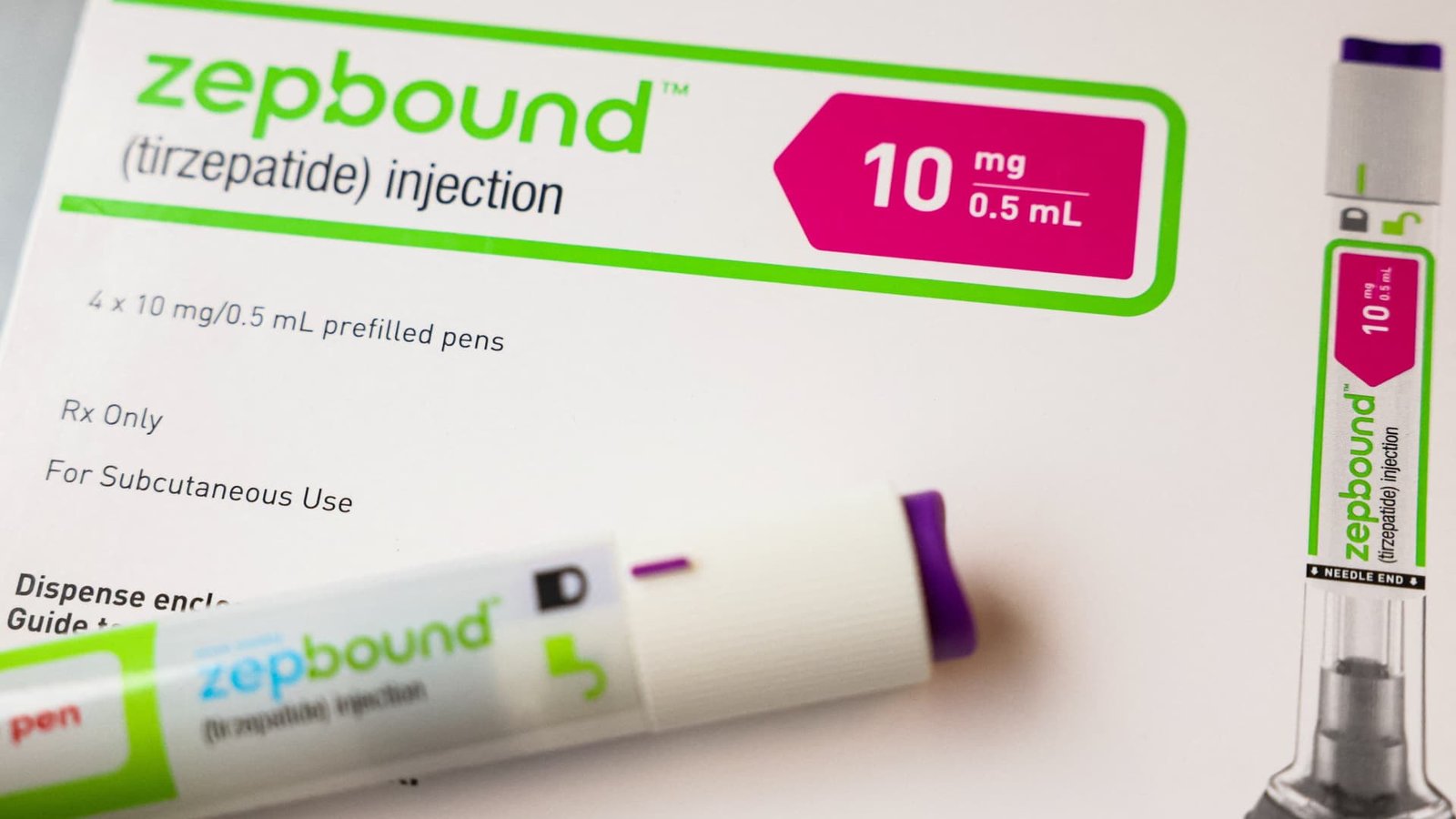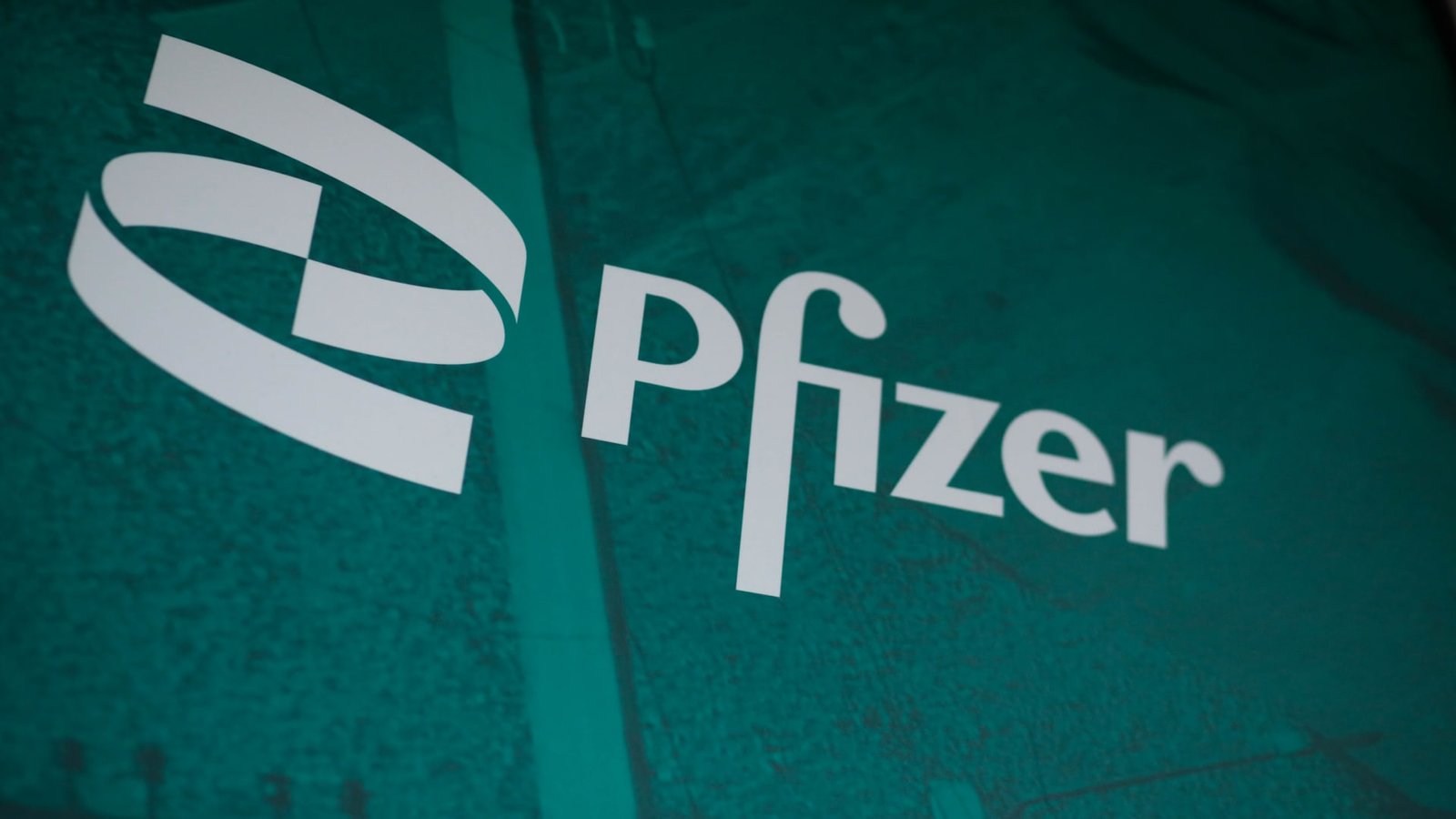In this article, Medicare drug plans can now cover Eli Lilly’s blockbuster obesity drug Zepbound for obstructive sleep apnea, as confirmed by CNBC on Wednesday. This development allows for broader access to Zepbound, which is currently not covered by Medicare and many other insurance plans for weight loss. Despite its approximately $1,000 per month price tag before insurance, demand for the injection has increased significantly over the past year.
According to a spokesperson for the Centers for Medicare & Medicaid Services, Zepbound is subject to the current Medicare Part D and Medicaid coverage rules following its approval in December for the most common sleep-related breathing disorder. Medicare Part D plans can cover obesity drugs only if they are used for an additional medically accepted purpose approved by the FDA. The spokesperson mentioned that Part D plans may require prior authorization for these drugs to ensure they are being used for the specific purpose.
Zepbound was cleared by the FDA on December 20 for patients with obesity and moderate-to-severe forms of obstructive sleep apnea. This approval marked the first drug treatment for an estimated 20 million people with these forms of the disease, according to Eli Lilly. The company welcomed Medicare’s coverage of Zepbound for this condition as “good news.”
Medicare Part D plans are also permitted to cover Novo Nordisk’s weight loss drug Wegovy for its approved use in lowering cardiovascular risks. The diabetes drugs Ozempic and Mounjaro, counterparts of Wegovy and Zepbound, respectively, are covered by Medicare and most insurance plans.
Both Novo Nordisk and Eli Lilly are exploring their weight loss medications as treatments for various conditions such as fatty liver disease, chronic kidney disease, and sleep apnea. For these drugs to be covered, they must demonstrate positive late-stage trial results and receive FDA approval for those specific uses.
State Medicaid coverage for Zepbound and other obesity medications is contingent on the prescribed condition and the manufacturer’s Medicaid drug rebate agreement. Under this agreement, manufacturers provide rebates to states in exchange for Medicaid coverage of their drugs, with states sharing the rebates with the federal government.
If Zepbound is prescribed for obstructive sleep apnea and Eli Lilly has signed the Medicaid drug rebate agreement, state Medicaid programs are required to cover it. However, if Zepbound is prescribed for weight loss, state Medicaid programs are not obligated to cover it.
In November, the Biden administration proposed a rule that would allow Medicare and Medicaid to cover weight loss drugs for patients with obesity, potentially granting millions of people access to weekly injectables. This initiative could cost taxpayers up to $35 billion over the next decade, but it remains uncertain if the incoming administration under President-elect Donald Trump will pursue this rule.




